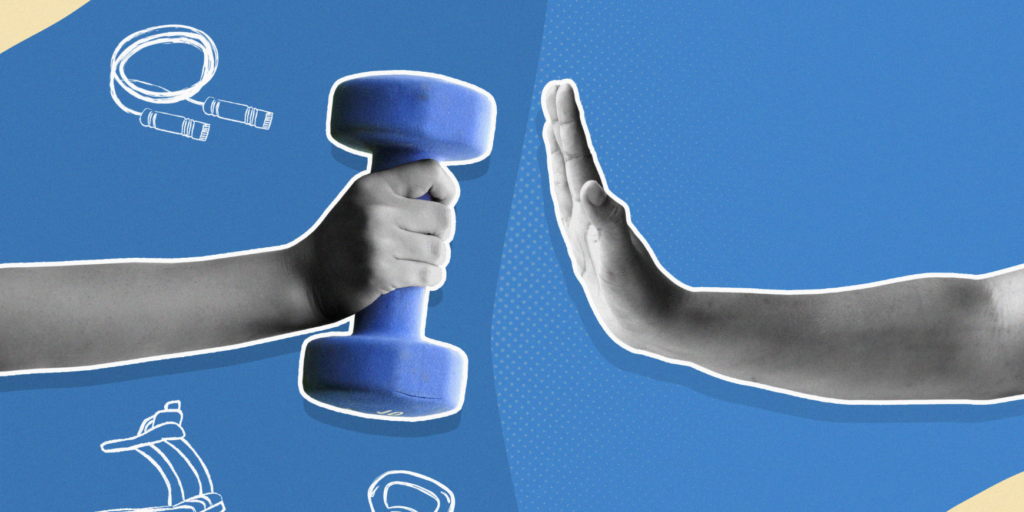There are different ways to lose weight, not just by exercising. People who want to lose weight without exercising need to be patient and disciplined because it takes time. It’s important to remember that eating less isn’t the only solution and can actually be harmful. It’s necessary to find a healthy and balanced way of eating to lose weight.
Certainly! Here are some weight loss tips that don’t involve exercise:
Eat a balanced diet:
Focus on consuming whole, unprocessed foods such as fruits, vegetables, lean proteins, whole grains, and healthy fats. Avoid sugary and processed foods as much as possible.
Portion control:
Be mindful of your portion sizes. Use smaller plates or bowls to help control your portions and avoid overeating.
Drink plenty of water:
Water can help you feel full and curb your appetite. Stay hydrated throughout the day by drinking water instead of sugary beverages.
Eat slowly:
Take your time while eating and chew your food thoroughly. Eating slowly allows your body to recognize when it’s full, preventing overeating.
Practice mindful eating:
Pay attention to your body’s hunger and fullness cues. Eat when you’re hungry and stop eating when you’re comfortably satisfied.
Get enough sleep:
Lack of sleep can disrupt your metabolism and increase your cravings for unhealthy foods. Aim for 7-9 hours of quality sleep each night.
Reduce stress:
Chronic stress can contribute to weight gain. Find healthy ways to manage stress, such as practicing relaxation techniques, meditating, or engaging in hobbies you enjoy.
Avoid late-night snacking:
Try to finish your meals at least 2-3 hours before bedtime. Late-night snacking can lead to unnecessary calorie intake.
Eat more fiber:
Foods high in fiber, such as fruits, vegetables, legumes, and whole grains, can help you feel fuller for longer and aid in digestion.
Keep a food diary:
Tracking your food intake can increase your awareness of what and how much you’re eating. It can also help identify any unhealthy eating patterns.
Remember, it’s always best to consult with a healthcare professional or a registered dietitian before making any significant changes to your diet or lifestyle. They can provide personalized advice based on your individual needs and goals.

